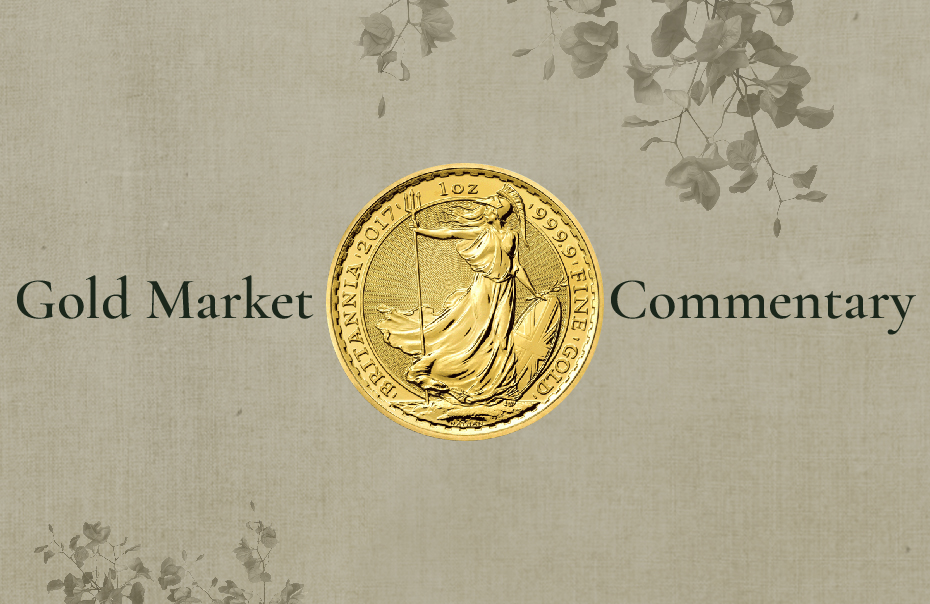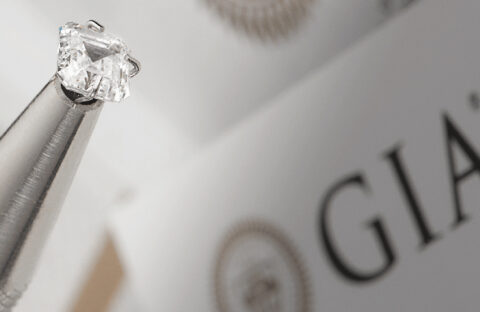Gold prices slipped in mid-October, pressured by a stronger dollar as prospects faded for a new economic stimulus deal before the November 3 presidential election in the United States.
The dollar’s appeal to investors as a safe haven during the pandemic has grown, and has made dollar-denominated gold more expensive to savers and investors holding other currencies.
The U.S. administration and Democratic lawmakers struggled to make progress on a fiscal relief package to tackle the economic impact of the pandemic, driving investors into the safety of the dollar.
While the presidential election result in the U.S. may be driving additional uncertainty (probably good for gold) in the markets, the current stimulus impasse almost certainly means that once the result is behind us the U.S. government of whichever hue and the Fed (central bank) will unleash a massive new stimulus package designed to drag the U.S. out of the current COVID-related economic mire,” wrote Lawrie Williams, gold market commentator for bullion dealer Sharps Pixley.
Gold prices have risen by more than 24 percent in 2020, as investors and savers flocked to the precious metal due to uncertainty over the global economic impact of COVID-19.
Gold has retreated from a record high above $2,000 per ounce touched in August, and was at $1,894.55 per ounce, down 0.25 percent, on October 15.
For UK-based gold savers, the pound faced downward pressure against the dollar due to recent difficulties of negotiators to make progress in Brexit trade talks between the EU and the UK.
Some investors believe that even if a trade deal is reached this year, it will be a limited one, which could weigh further on the pound.
However, if a strong deal emerges, contrary to expectations, sterling could rally against the dollar, possibly reducing the cost for savers to acquire gold.
Market watchers are talking of the possibility that the Bank of England may act soon to trim interest rates into negative territory for the first time in history.
As gold has zero yield, then it would potentially look like an increasingly attractive asset class relative to cash as savers, in theory at least, may have to pay banks to hold money in a negative interest rate environment.
Negative interest rates would also likely weigh on the pound exchange rate against the dollar, and boost UK share values as many companies in the FTSE-100 are exporters and will benefit from a softer sterling.
So if the Bank of England does decide to ease interest rates below zero, UK savers could take the view that gold effectively offers a better return than cash







